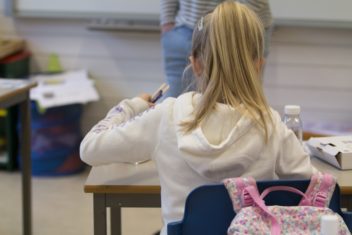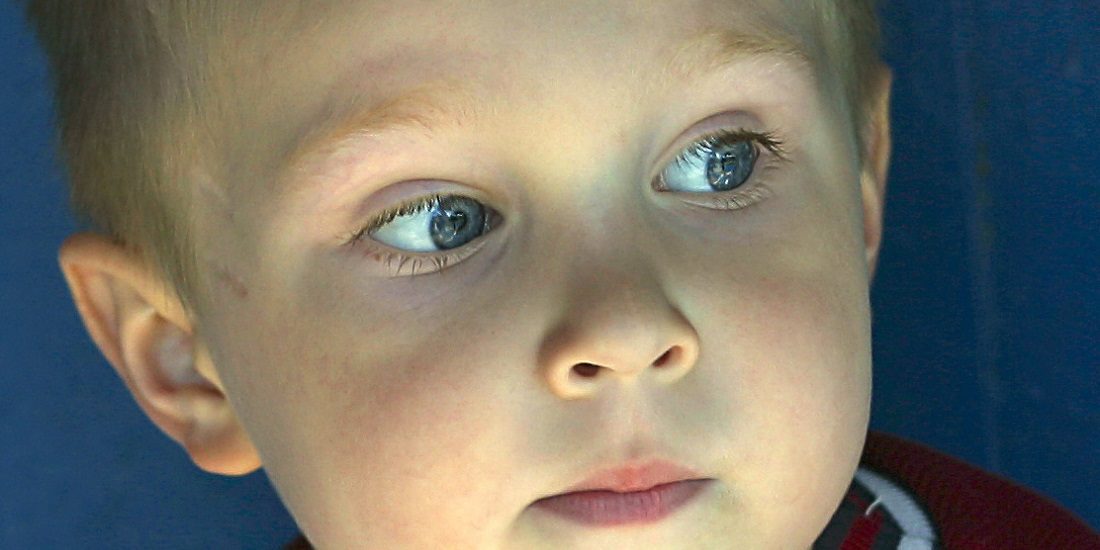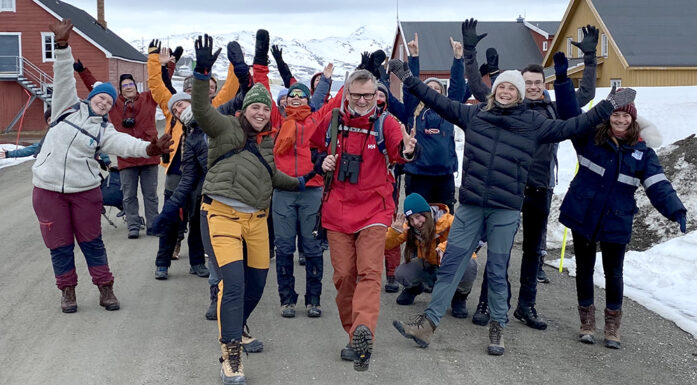Vision may be the real cause of children’s problems
Do you have poor motor skills or struggle to read, write or solve math problems? Maybe it’s really because of how your brain interprets what it sees.
Visual processing is about how the brain perceives and processes the impressions of the eyes. Problems with processing visual impressions can also impact a variety of other skills.
“We’ve confirmed that visual processing may apply to dyslexia, but also to why some children have problems with mathematics and motor skills,” says Professor Hermundur Sigmundsson at NTNU’s Department of Psychology.

The researchers found a clear difference between the two groups – having either high or low literacy – in their ability to perceive movement. Photo: Colourbox
In addition, problems with visual processing may explain why some dyslexics respond more slowly when driving a car, at least as has shown to be the case in a driving simulator.
- You may also like: Skill building the right way
Clear connection
A research group from NTNU compared two groups, described in a new article in the prestigious Scandinavian Journal of Educational Research.
One group consisted of the top ten per cent of performers on a test that is often used to determine whether an individual has dyslexia, and the other group consisted of the ten per cent who struggled the most on the test.
In total, the researchers surveyed almost 200 people. They used two different computer programs to test the participants. One program checked how efficient the brain is at detecting movement or rapid changes in the surroundings, while the control task was to find a figure hidden in a pattern.
“We found a clear difference between the two groups with high or low literacy in their ability to perceive movement,” says Sigmundsson.
This strengthens previous findings that have pointed in the same direction. The researchers found no difference between the groups in their ability to solve the control task with figures that included shape and colour.
Researchers at NTNU have previously linked dyscalculia, which is when a person has problems solving mathematical problems, to visual processing. The same connection applies to motor difficulties in children.
- You may also like: Here’s what you need to rise to the top
New app makes vision easier to investigate
Visual processing may well be an innate ability that can’t be improved much with training, if at all. This can limit how good you can become at certain activities, and you can only compensate with other skills and exercises up to a certain point.
But a new app can at least make it easier to investigate the issue. It can help to determine if someone is struggling with visual processing associated with rapid changes in their surroundings.
In the work related to the most recent article, the research team used an app called Magno. NTNU researchers designed the app for Android. Professor John Krogstie, who heads the Department of Computer Science (IDI) was also involved in the study.
- You may also like: Boys still lag behind in reading
Interdisciplinary
“At IDI we’ve had several tasks related to this problem, both in being able to conduct the test itself and how to manage the test results if a lot of people are to take such a test,” says Krogstie.
In addition to the computer technology challenges of creating such systems per se, the scope here is related to general solutions that contribute to learning using IT solutions, Krogstie says.
“By knowing more about the specific challenges a learner has, we can create customized solutions that take the challenges into account,” says Krogstie.
The work is linked to broader activity within the Learner Computer Interaction workshop at the department.
“This is an interdisciplinary activity that requires collaboration across academic fields. Having a good working relationship with other people, including people who work on the psychology of learning, is a natural fit. Working together on Magno helps us work better across academic subject areas. That’s useful in a lot of different ways,” says Krogstie.
Watch a video that summarizes the story:
Source: Scandinavian Journal of Educational Research. Magno App: Exploring Visual Processing in Adults with High and Low Reading Competence. Kaja Egset, Bjørnar Wold, John Krogstie and Hermundur Sigmundsson.






